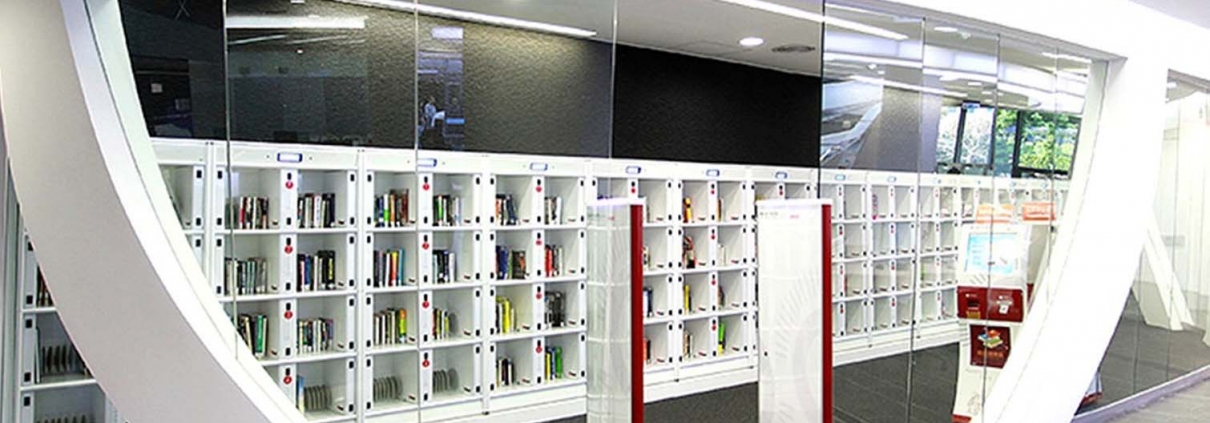National Tsing Hua University: First library to use UHF RFID solutions to provide stellar user experience
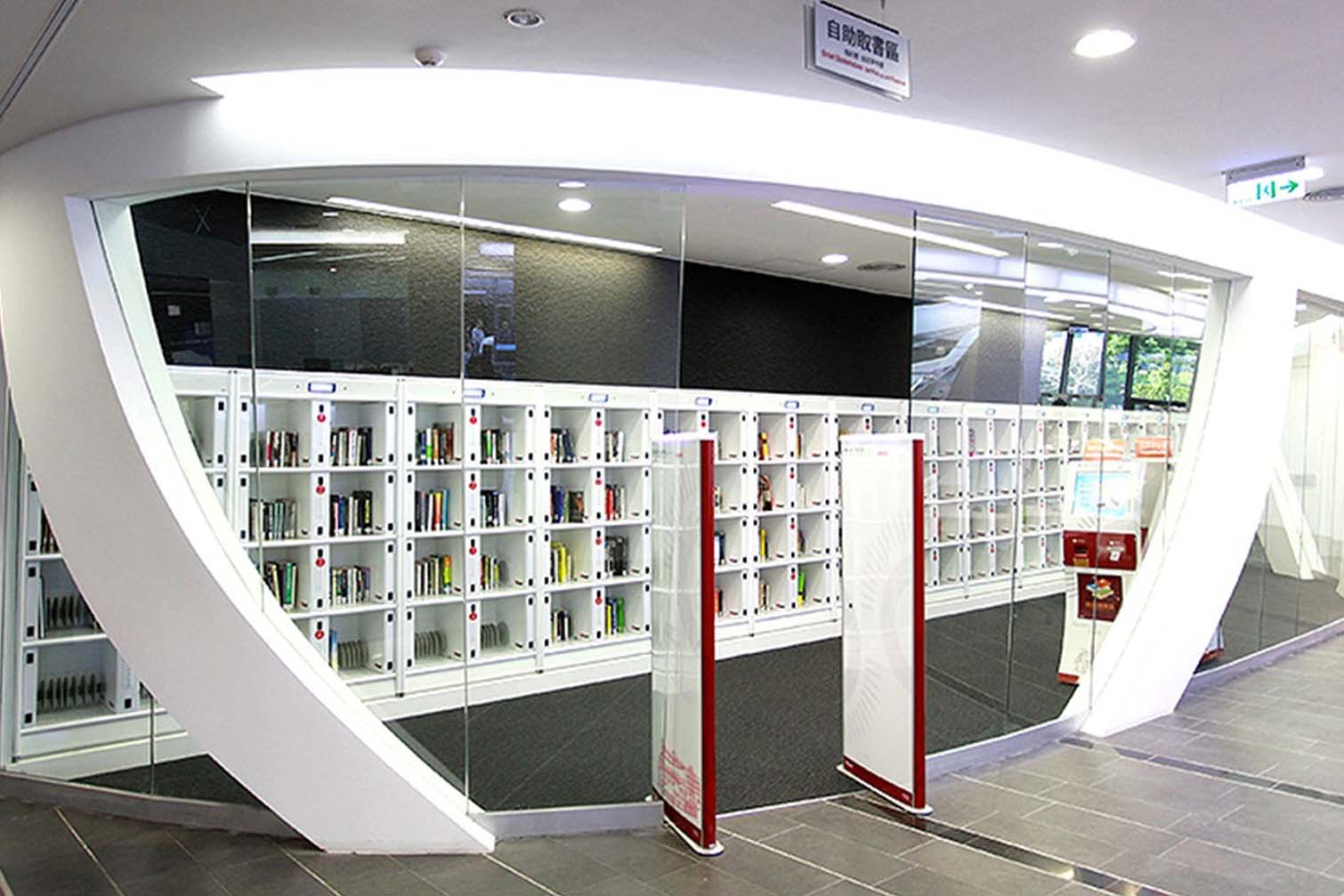
National Tsing Hua University (NTHU) was first founded in Beijing in 1911 and later re-established in Hsinchu City, Taiwan in 1956. Today, NTHU is one of the best universities in Taiwan, serving 14,000 undergraduate and post-graduate students. As a top research university, NTHU’s library is offering nearly 3 million physical items and more than four million electronic resources.
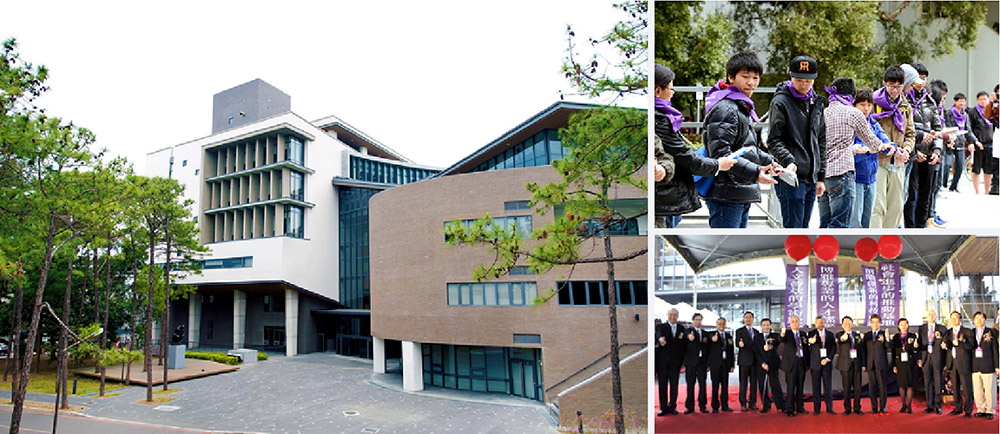
National Tsing Hua University (NTHU) was first founded in Beijing in 1911 and later re-established in Hsinchu City, Taiwan in 1956. Today, NTHU is one of the best universities in Taiwan, serving 14,000 undergraduate and post-graduate students. As a top research university, NTHU’s library is offering nearly 3 million physical items and more than four million electronic resources.
In March 2013, the library officially moved into a brand new seven stories building, Learning Resources Center, which donated by Macronix. On the opening ceremony of new library building, 300 students gathered to form a book relay chain, to deliver the last batch of collections from the former library into the new building. Since moving to the new building, the library has soon become an indispensable co-learning place, boasting four hundred thousand visitors a year.
Why UHF RFID
The 20,000 square meter building with a bold, modern façade, features an exhibition space, multiple event venues and 24 hours study room in addition to its library collection area. The new building is twice time larger than the former library that inevitably makes librarians worried about their operating efficiency will be affected, as they have to shelve a double number of bookshelves and search book in a vast area.
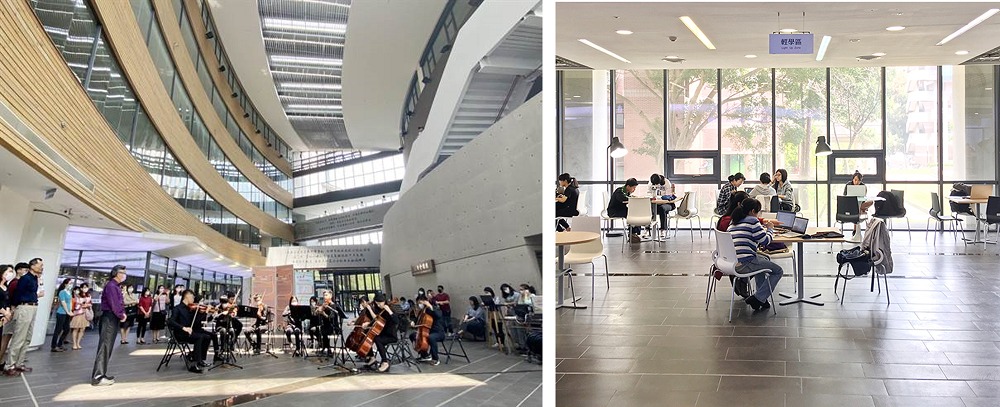
Thus it was crucial to ensure librarians were able to get out from repetitive tasks. To that end, NTHU library equipped with two self-service stations, a seven bin sorter and a two-bin sorter with two book drops, and bookshelf solution. Self-service facility frees up library staffs to focus more on supporting teaching and researching.
Given the technical and symbolic significance of being the first library in Taiwan applies UHF RFID in the self-service facility, NTHU conducted multiple experiments on testing the RFID range overflow problem of the gate, circulation speed of 100 items and water-resistance of tag among HF products on the market and MiTAC’s newly released UHF products. What NTHU concerned the most is the efficiency of book searching and inventory throughout the experiment, as these manual tasks take up too much staff times and effort. Experiment team found out that the inventory speed of HF products faces limits due to its read range, while the application of UHF is still very much in its infancy, there is a board space for development.
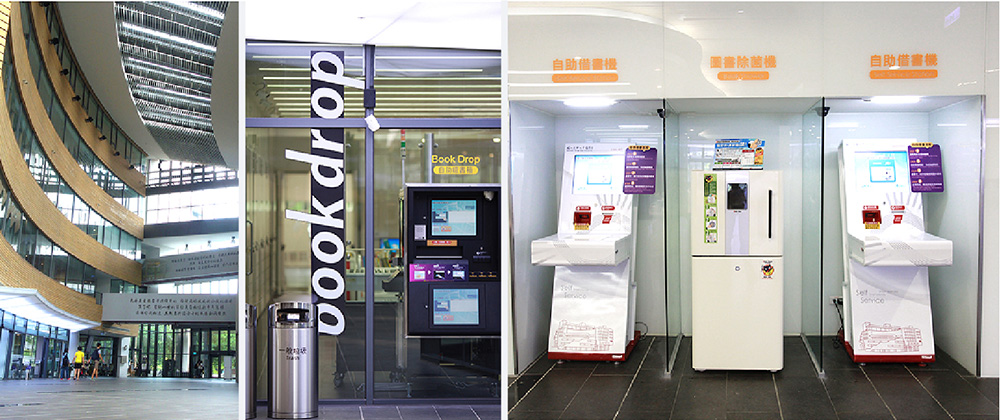
Extends the use of UHF RFID
By harnessing the power of UHF RFID, the library now can provide a speedy way for students to borrow library items at MiTAC’s self-service stations. Many materials can check out at once, without scanning individual barcodes one by one. The process for returning materials is automated and opened up to students 24 hours a day as well.
More than that, NTHU library stores a number of resources, including textbooks, reference books and holds, in the self-pickup area facilitated with seven sets of MiTAC’s smart bookshelf. Searching holds once posed a heavy burden for library staff. The smart bookshelf resolved this problem by automatically tracking items location once been placed on the shelves. It guides students to locate their holds via the light indicator and check it out at a nearby self-service station without needing assistance from library staff.
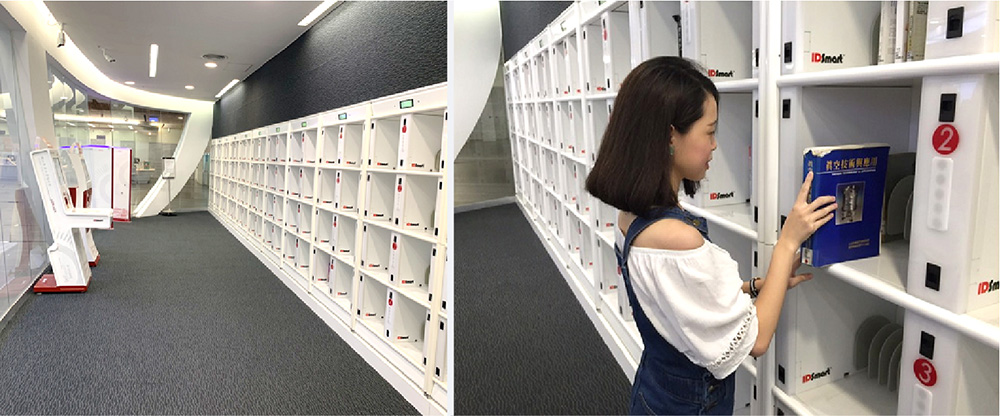
“Smart bookshelf does save our labour cost and increase circulation turnover rate,” Mr Lin, the former director of NTHU Library said. “There are 24,000 holds circulated via this facility since implementation. In the past, it took us approximately a minute to manually process a hold order, from searching items in the room to complete the check out for a student. In total, to handle these orders, it will cost us 410 hours which equals to 50 working-days of a staff. ”
Moving forward
The UHF RFID self-service solutions have proved beneficial to staffs to get out from behind the circulation desk to focus more on supporting teaching and researching. It also allows the library to provide thoughtful service to students to get the materials they are looking for in a breeze.
Within a year, all NTHU library branches have introduced UHF RFID self-service solution. To learn more about the UHF application in the library:

